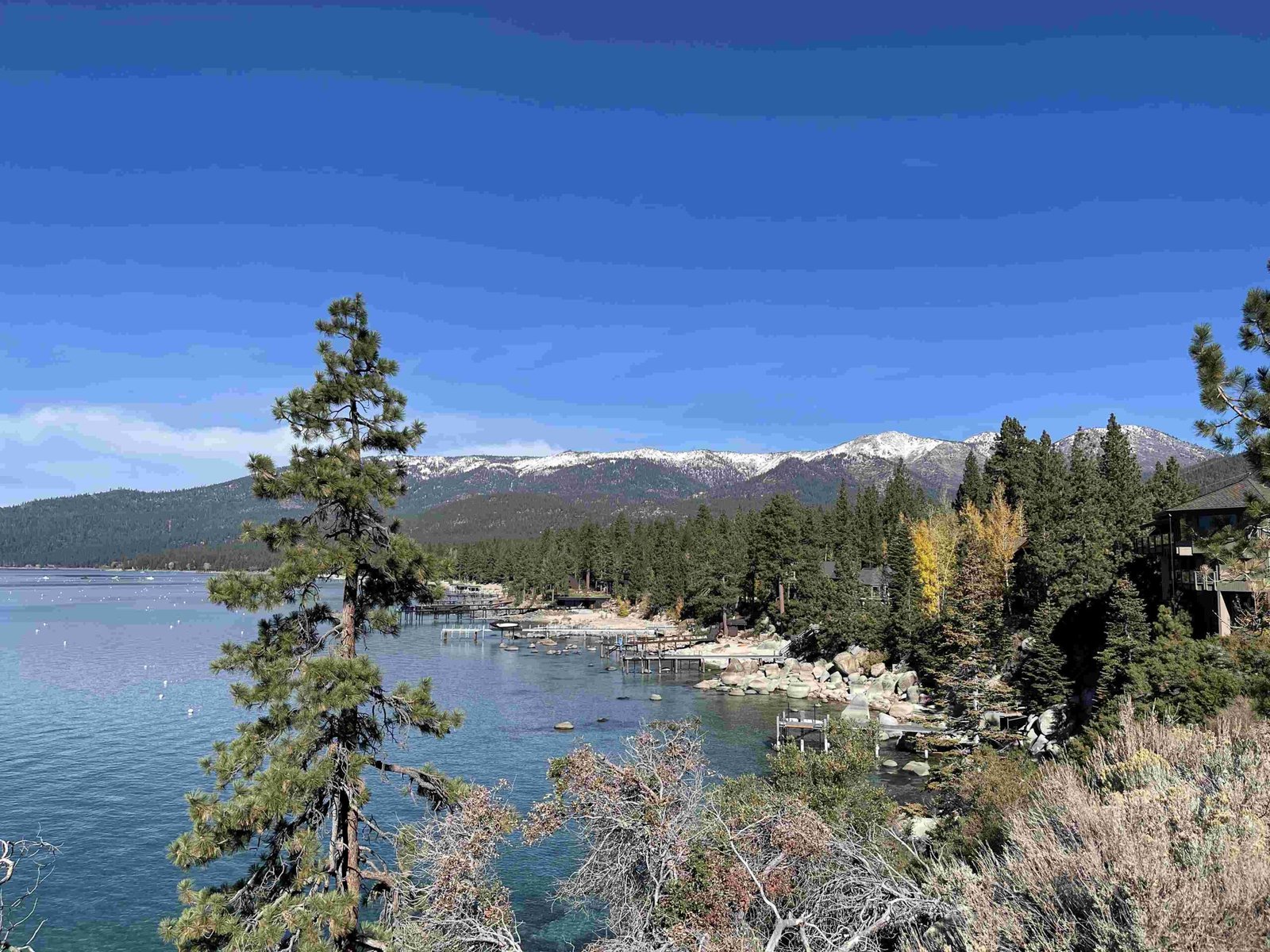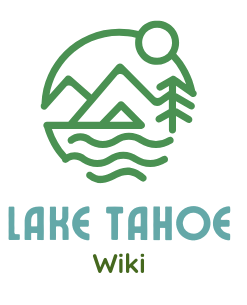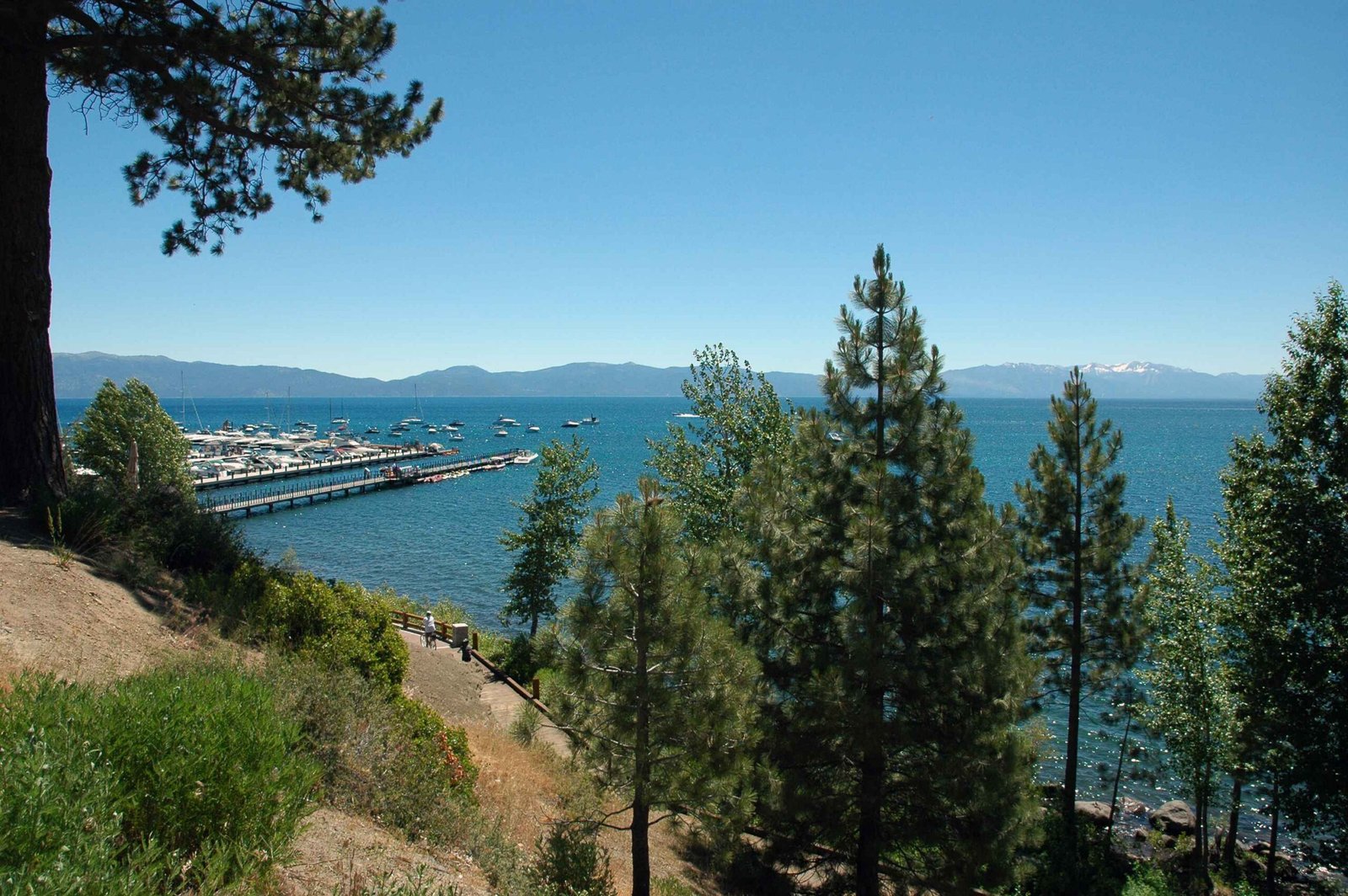The United States Coast Guard Station Lake Tahoe serves as a critical maritime safety hub, protecting over 22 trillion gallons of pristine alpine water through comprehensive search and rescue operations, emergency response, and boating safety enforcement. This specialized unit maintains vigilant oversight of one of America’s most beautiful and challenging aquatic environments, ensuring visitor safety and environmental protection.
What Makes the United States Coast Guard Station Lake Tahoe Unique?

The Lake Tahoe Coast Guard station represents a specialized maritime operation designed to address the unique challenges of high-altitude alpine lake rescue and safety. Unlike coastal stations, this unit must contend with:
- Extreme elevation (6,225 feet above sea level)
- Rapidly changing weather conditions
- Complex mountain rescue scenarios
- High-traffic recreational boating environment
What Are the Primary Operational Responsibilities?
The station’s core responsibilities encompass multiple critical maritime safety functions:
- Search and Rescue Operations
- Immediate emergency response
- Water rescue coordination
-
Medical evacuation support
-
Boating Safety Enforcement
- Equipment inspections
- Regulatory compliance checks
- Public safety education programs
How Does the Station Manage Maritime Safety?
| Safety Aspect | Operational Strategy | Response Time |
|---|---|---|
| Emergency Rescue | Multi-team coordination | Under 15 minutes |
| Equipment Inspection | Comprehensive annual checks | Quarterly |
| Public Education | Community workshops | Bi-annual |
What Specialized Equipment Supports Lake Tahoe Operations?
The United States Coast Guard Station Lake Tahoe utilizes advanced maritime equipment tailored to alpine lake conditions:
- High-performance rescue boats
- Advanced communication systems
- Specialized cold-water rescue gear
- Helicopter support for mountain terrain
What Training Prepares Coast Guard Personnel?
Coast Guard personnel undergo rigorous training that includes:
- Alpine water rescue techniques
- High-altitude emergency response
- Advanced first aid and medical support
- Complex terrain navigation skills
What Community Impact Does the Station Provide?
Beyond emergency services, the station contributes significantly to Lake Tahoe’s safety ecosystem:
- Preventative safety education
- Environmental protection monitoring
- Collaborative regional emergency planning
- Public awareness campaigns about water safety
What Challenges Does the Station Face?
Unique operational challenges include:
- Rapidly changing mountain weather
- Complex rescue terrain
- High-volume seasonal recreational traffic
- Maintaining equipment in extreme conditions
Conclusion

The United States Coast Guard Station Lake Tahoe represents a critical maritime safety infrastructure, combining specialized training, advanced equipment, and unwavering commitment to protecting lives in one of America’s most challenging aquatic environments.

